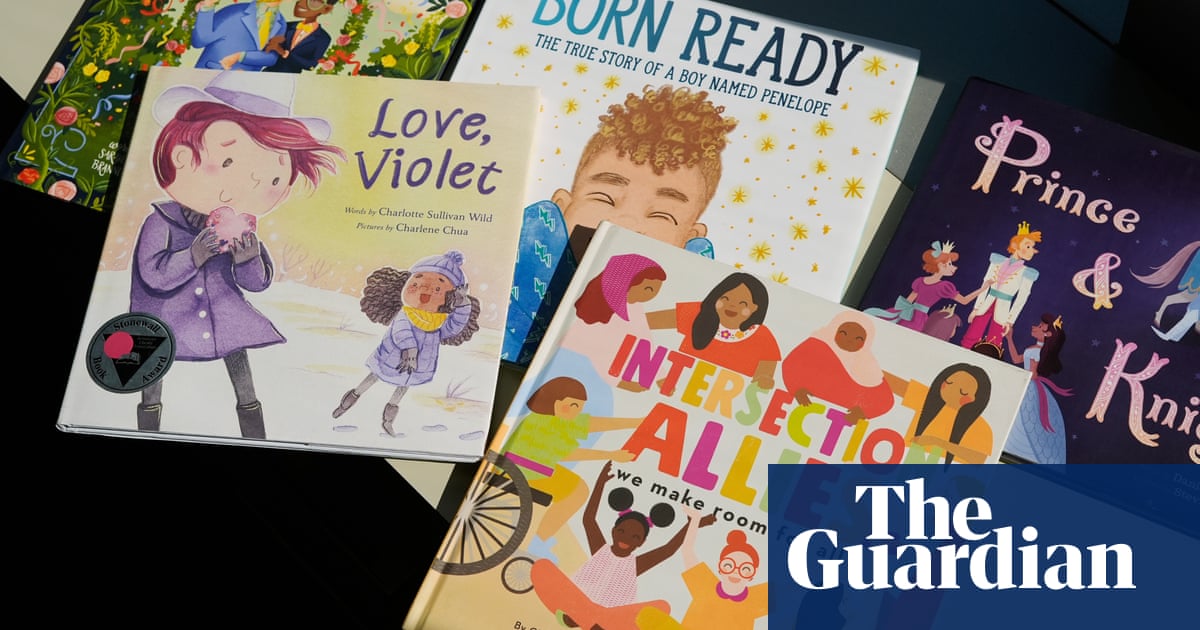TheUS supreme courthas ruled that schools must give children the chance to opt out on faith grounds from listening to storybooks being read out loud that feature gay andtransgendercharacters, in a landmark decision that will be seen as striking a blow for religious rights in education.
In a case that exposed the passions surrounding the US’s religious-secular divide, the court sided with parents in Maryland who protested that they were left with no means of shielding their children from the contents of six storybooks they found objectionable.
The ruling means that the Montgomery county board of education – which administers schools in some of Washington DC’s most affluent suburbs – must provide opt-out facilities.
In the case, Mahmoud v Taylor, three sets of parents, comprising Muslims, Roman Catholics and Orthodox Christians, complained that the board’s policy in effect forced their children to hear storylines that they alleged promoted “political ideologies about family life and human sexuality that are inconsistent with sound science, common sense, and the well-being of children”.
One book, Uncle Bobby’s Wedding, features a gay character who is getting married, while another, Born Ready: The True Story of a Boy Named Penelope, is about a transgender child.
The parents in the case filed a complaint after education authorities decreed that parents should not expect to receive prior notice before one of the books was read out loud in class, thus enabling a child to leave the room for that period.
The ruling was handed down after an initial hearing in April at which several of the court’s conservative justices – who form a 6-3 majority on the bench – appeared sympathetic to the plaintiffs’ case after lower courts refused to force the education authorities to change its policy.
In the ruling, the conservative justice Samuel Alito wrote: “We have long recognized the rights of parents to direct ‘the religious upbringing’ of their children. And we have held that those rights are violated by government policies that substantially interfere with the religious development of children.”
At the end of Alito’s judgment, the ruling stated: “Until all appellate review in this case is completed, the [school] board should be ordered to notify [parents] in advance whenever one of the books in question or any other similar book is to be used in any way and to allow them to have their children excused from that instruction.”
The ruling prompted a fierce dissent from the liberal justice Sonya Sotomayor, who said that public education was intended to be a unifying experience for children and “the most pervasive means for promoting our common destiny”.
But she added that concept would become “a mere memory” if pupils were “insulated from exposure to ideas and concepts that may conflict with their parents’ religious beliefs”.
The ruling comes against awidespread conservative backlashin public schools and public libraries across many places in the US, but especially Republican-run parts of the country. The backlash has often sought to remove books that social conservatives find objectionable – often those that involve depictions of LGBTQ+ themes or racial inequality.
TheAmerican Library Associationestimates there are at least 112 proposed state laws concerning schools and public libraries that seek to expand the definition of what is deemed obscene or harmful to children and to limit librarian staff’s ability to determine which books they hold in their collections.
In a statement, Catholics for Choice, which opposes the court’s ruling, said: “The Supreme Court decided that it is okay for parents to teach their children to discriminate and judge people who are different than them.”
Taylor Tuckerman, a CfC vice-president, said: “It’s also important for children to learn that our differences – religion, sexual orientation, gender expression, race, economic backgrounds, and more – contribute to a thriving community and are not something to be ashamed of.”
